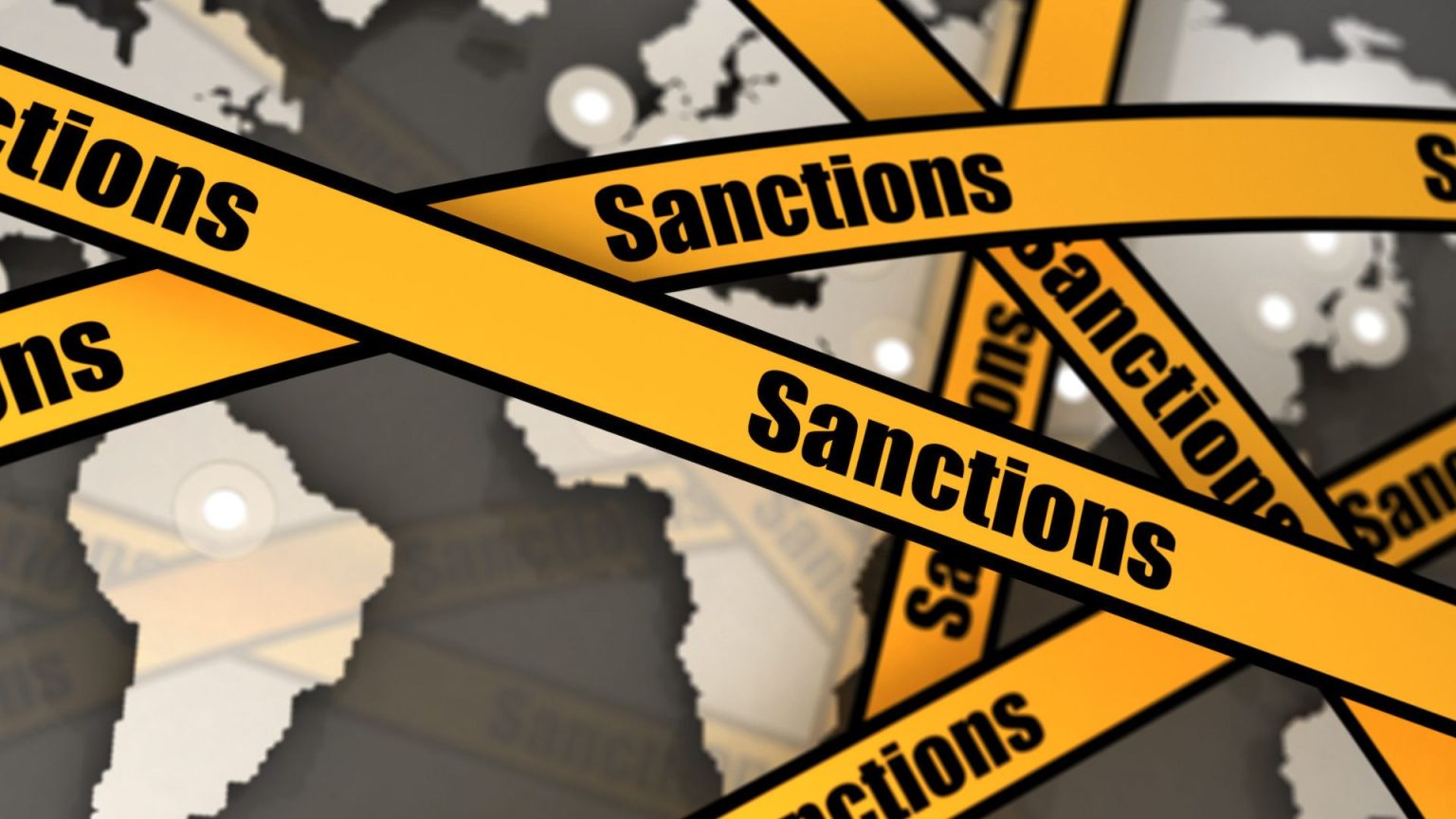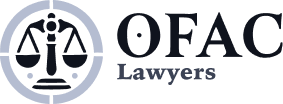
Navigating OFAC Licensing for Medical Device Exports

Case Overview
A foreign business entity in the medical device sector approached our legal team with concerns regarding their compliance with the regulations of the Office of Foreign Assets Control (OFAC). The company, which specializes in the manufacturing and export of cosmetic laser systems, had shipped these devices to Iran over the past six years. However, they had not confirmed whether the necessary OFAC licenses had been secured for these transactions. The client sought legal advice on several issues:
- Verifying if a valid OFAC license was obtained for past exports.
- Identifying the specific type of OFAC license required for exporting cosmetic laser systems to Iran.
- Determining whether an OFAC license could be obtained retroactively for prior shipments.
- Assessing the consequences of failing to possess the requisite licenses.
- Estimating the costs and timeframe for securing an OFAC license for future exports.
The situation required an in-depth analysis of OFAC’s sanctions programs and their applicability to the client’s operations, as well as a strategic plan to mitigate potential legal and financial repercussions.
Navigating OFAC Sanctions Regulations
The primary challenge was ensuring the client’s compliance with U.S. sanctions laws governing trade with Iran, which are among the most stringent and complex. Our team began by conducting a comprehensive review of the client’s export records to determine if any existing OFAC licenses covered the prior shipments. This involved scrutinizing both the client’s internal documentation and external records for any evidence of compliance.
In cases where no licenses were found, we analyzed the specific type of OFAC license required under U.S. law for exporting medical devices to sanctioned countries. Cosmetic laser systems fall under the category of dual-use goods, which often necessitate a specific license due to their potential applications.
To address the retrospective compliance issue, we explored the possibility of obtaining a retroactive license, which OFAC may grant under certain circumstances. This required presenting a compelling case that the oversight was unintentional and outlining the steps taken by the client to rectify the situation.
Additionally, our team evaluated the potential legal and financial consequences of non-compliance, including fines, penalties, and reputational risks. To minimize these risks, we advised the client on proactive measures, such as self-disclosure to OFAC and implementing robust compliance protocols for future transactions.
Result
Through meticulous research and strategic legal counsel, our team successfully guided the client through the complexities of OFAC compliance. We:
- Verified that no prior licenses were obtained, and provided the client with a clear understanding of the necessary steps to address the gap.
- Assisted the client in applying for a retroactive OFAC license for past exports, accompanied by a voluntary self-disclosure to mitigate penalties.
- Secured a valid OFAC license for future exports, ensuring the client’s continued operations complied with U.S. sanctions laws.
- Developed a comprehensive compliance framework for the client, including training programs, internal audits, and periodic reviews to prevent future lapses.
This case highlights the importance of proactive legal consultation in navigating complex sanctions regimes and demonstrates how expert advocacy can safeguard a client’s business interests while ensuring adherence to international laws.




